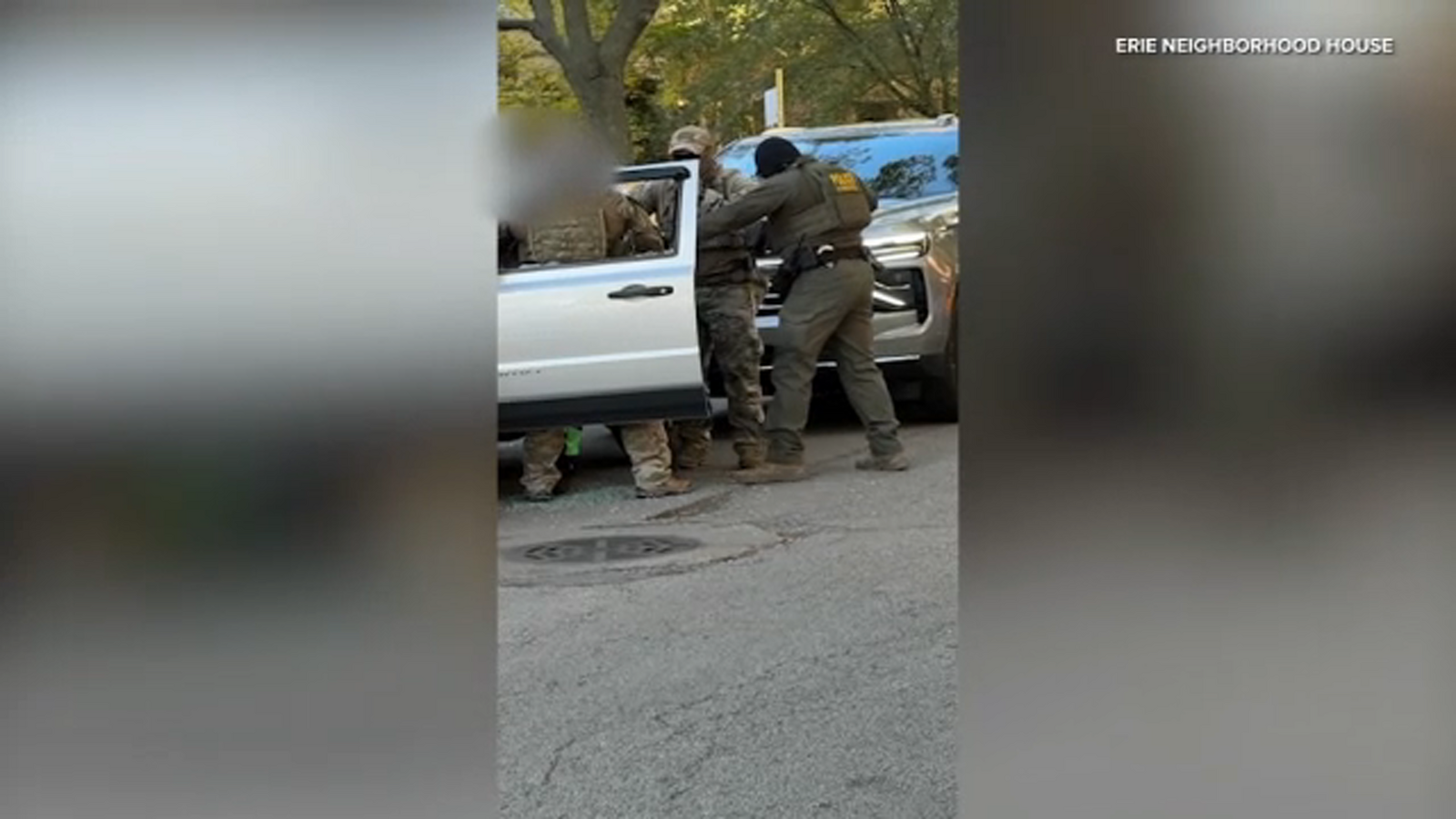The press release did not provide more details about where in Middlesex County the woman was exposed, or when.
Mosquitoes, which carry the virus and spread it to humans and animals through their bites, first started returning positive test samples in Massachusetts on June 17, The Boston Globe reported. About a month later, a goat in Lunenburg became the first animal to test positive for the virus in the state this year.
In August, the risk of exposure to West Nile virus in Boston was elevated to “high,” the Globe reported, after multiple samples of mosquitoes in the city came back positive, including in Hyde Park and West Roxbury.
“West Nile virus can be a very serious disease and its presence in mosquitoes remains high right now in Massachusetts,” Public Health Commissioner Robbie Goldstein said in a press release.
Even though the weather is cooling down in the region, the prevalence of West Nile Virus among the region’s mosquitoes “is going to be elevated for some time,” Goldstein said.
The release also said there have been more than 300 positive tests conducted on mosquitoes across 12 of the state’s 14 counties.
In the past month, the risk of contracting West Nile virus has been elevated in Acton, Bedford, Billerica, Boston, Brookline, Carlisle, Chelmsford, Dracut, Lowell, and Newton, according to the DPH.
In 2024, there were 19 human cases of the virus in the state reported, according to the DPH dashboard.
Massachusetts residents can reduce their risk of exposure by applying mosquito repellant with an EPA-registered ingredient, such as DEET or oil of lemon eucalyptus, the Health Department said.
Other key precautionary steps include avoiding spending time outdoors during the early morning and evening, and wearing long sleeves and pants to protect against bites.
“The hours from dusk to dawn are peak biting times for many mosquitoes,” the DPH said.
Even though the news of this year’s first positive human case in the state comes as summer turns to fall, “the mosquitoes will be with us until the first hard frost,” state epidemiologist Catherine M. Brown said in the release.
Claire Thornton can be reached at claire.thornton@globe.com. Follow Claire on X @claire_thornto.


